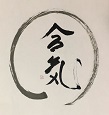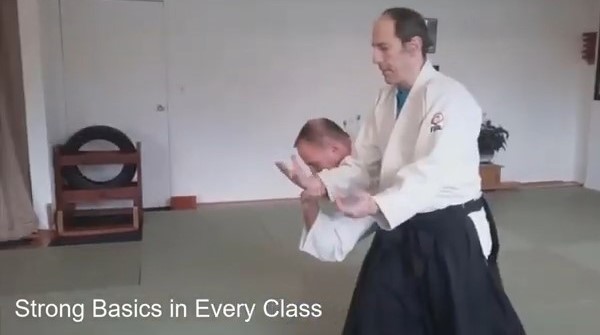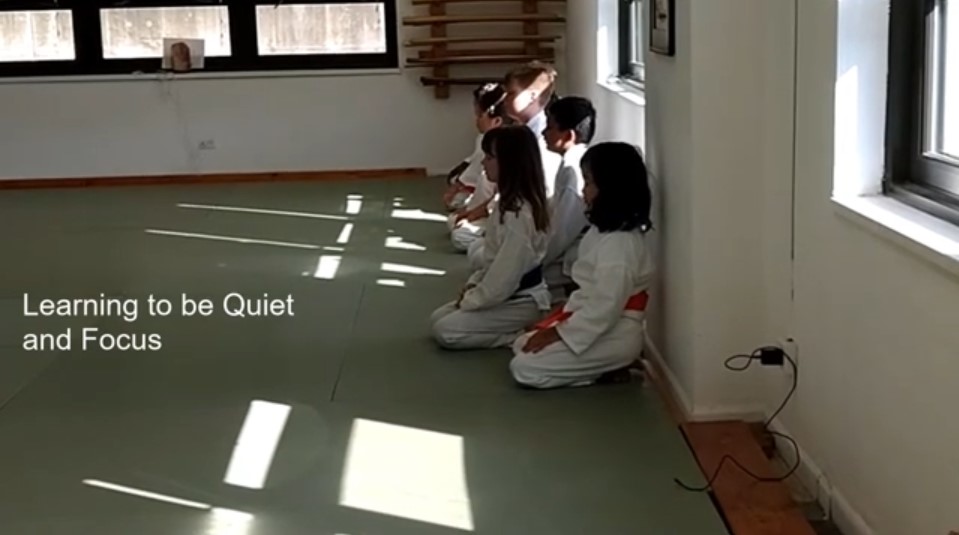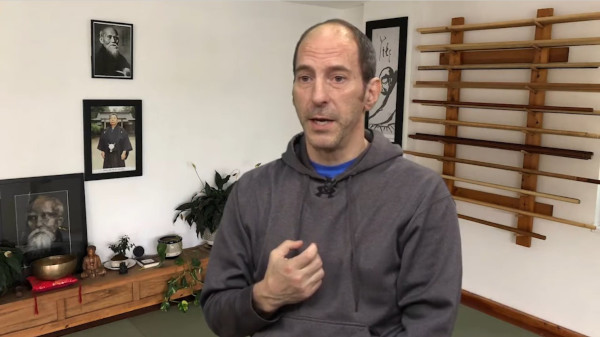Falling Safely
These real incidents show how relaxation and improved reflexes from martial arts training can save people from serious injuries. These principles apply to any sort of accident.
The principles taught both in Aikido and Tai Chi for balance and safe falling are extremely helpful as we get older.
In 2015, I received an email from an old student to thank me for what he learned in our classes. “Huh,” I thought? About 11 years prior he came into the dojo and trained for about one month. He didn’t practice that much, and then he stopped. Another month goes by and he comes in to take one class. That was it. What did I do?
The story went on – “I was bicycling home up first avenue at a pretty fair clip. (Citibikes can't go *that* fast. But I was pedaling mine as hard as I could.) Abruptly a bicyclist ahead of me cut me off. Didn't signal. Didn't look. Just turned right into my path…My bike hit the divider and I went flying over the handlebars. I watched as planet earth hurdled at me and held my hands out to break my fall…
I remember looking between my hands at the rapidly approaching asphalt. And just before contact my last thought was (really) ‘this isn't going to hurt so bad.’
Contact! Hands. Right wrist. Forearm. Elbow. Upper arm. Shoulder. And back. Had I come to a stop? Yes. Ok, hands stung. But they looked ok. Anything broken? No. And nope. And no... I'm good.
I got up. A crowd had gathered. ‘Are you ok?’ one asked.
‘Fine.’ I paused. ‘How did that look?’
‘It looked pretty bad.’ I have to admit, I was quietly delighted that I could take a bad bike accident, roll into it, and get up and walk away.”
In another situation, a mother held her breath as her eight year old child was running quickly, tripped and fell down a steep, rocky hill. He simply rolled and got right up without a scratch.
Accidents happen for both adults and children. Learning to fall in Aikido can help. One learns to defray impact through circular motion, whether forwards or backwards. In addition, one can slap the ground with arms and legs to take the impact away from the trunk of the body. Care is given to expel all air from the lungs before impact. Tai Chi can also improve balance and leg strength. This can prevent falls and lessen their impact if they occur, but the falling technique in Aikido is particularly helpful. In any case, these sorts of accidents thankfully are not daily occurrences. But for those who are fortunate enough to avoid more serious consequences, I am sure they are grateful for the benefits of their practice.
Avoiding Accidents & Injuries
These real incidents show how relaxation and improved reflexes from martial arts training can save people from serious injuries. These principles apply even to car accidents we can face at any time.
I recall playing racquetball in Manhattan on my company team. We were all watching from the second floor, overlooking the court. There was a seating area with an opening to clearly see the action. I was just talking to my friend as one player served the ball. While I was distracted, the ball ricocheted off the other player's racket.
There was an eerie silence, as if the entire room suddenly stopped breathing. I looked down at the court and saw the ball hurtling towards my right eye at top speed. "Oh," I thought knowing it could take my right eye out of the socket, "I guess I should move my head." So I did, about an inch or two to the left.
The ball singed the top of my right ear, and bounced off several walls behind me. I turned to try to get the ball and give it back to the players, but someone else got there first. I leaned back over the opening so I could watch the next serve.
Everyone in the room just stared at me. I didn't understand. Then someone uttered under their breath, "I guess that's what happens when you are a black belt..."
Emergency & Difficult Problems
These real incidents show how relaxation and proper grounding from martial arts training provide calmness and clarity when facing major emergencies & difficult problems in life.
At age 26, I found myself as the primary caregiver for my father, who suffered from early onset Alzheimer's disease. My mother already passed away and responsibility fell on my shoulders. But I also found myself with a cancer diagnosis. So the question arose, who would die first, my father or me. And if it was me, how was I supposed to make sure his care was properly administered?
Having trained in martial arts for roughly 10 years, my first reaction to any crisis was to relax. Look around, see what is happening and make proper decisions. I did not know exactly how things would work out, but I was not dying right at that instant so I had opportunities to make improvements.
My first act was to prioritize my life rationally. In order to fulfill my objectives, the first thing I needed to do was live. I knew I would never feel right about myself if I didn't take proper care of my father, so that was my second priority. Third was to continue to work and earn a living.
Every day I work up, did everything I needed to give myself the best chance of survival. Then I made sure my father was properly cared for by myself or someone in my limited support network. After that, I dedicated any remaining effort to doing a good job. Go to sleep...wake up...repeat as necessary.
As the weeks and months wore on, I found myself surviving, and taking very good care of my father. I faced several threats of being fired as there were periods where my work was less than ideal. I simply explained my priorities and told management to do as they felt necessary. Strangely, my supervisor who threatened me, himself was fired. New management did not know quite what to do with my personal history, but they were very happy that my performance finally returned by then to among the best in my company. I have had the opportunity to pass these lessons on to others who have faced similar issues...



